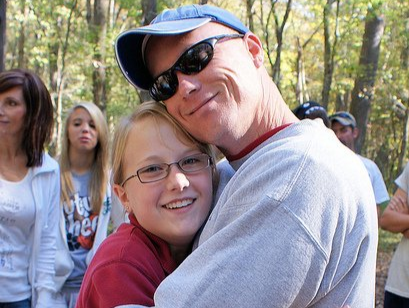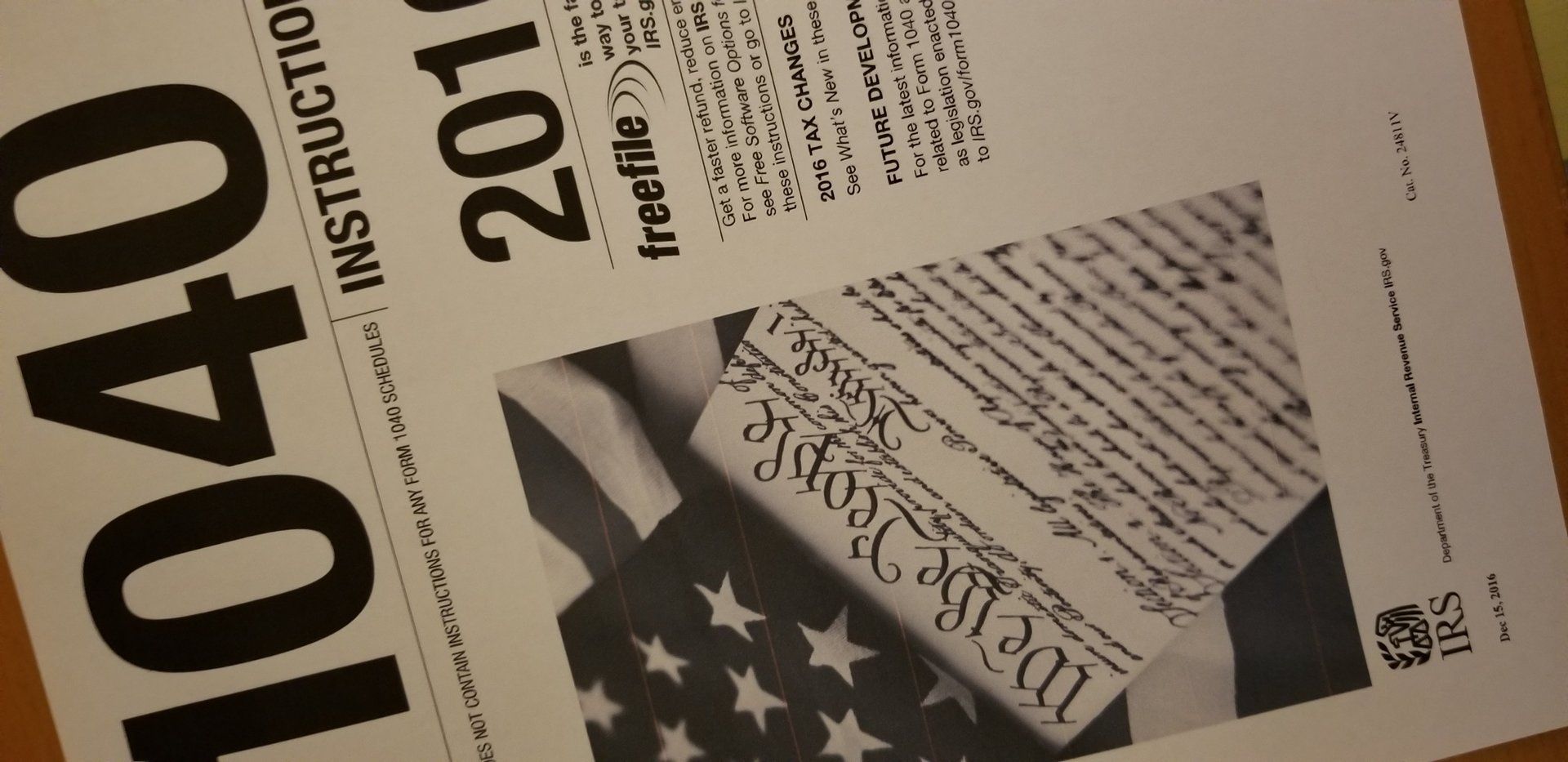Estate Planning in the Pandemic
We’re living in scary times, with a global pandemic doubling (or more) the number of deaths we would see in an ordinary year, and some people who catch the coronavirus and recover ending up with life-changing lung or heart conditions. Though it is uncomfortable to face these issues, this is a good time to do your estate planning. For most people, an estate plan will include:
·a Living Will – to appoint someone to make healthcare decisions for you, and give some guidance as to what you want to happen if you are critically ill;
·a Last Will and Testament – to appoint an Executor to handle your estate, and direct who should receive your assets, and appoint a Guardian if you have minor children; and
·a Power of Attorney – to appoint someone to handle your legal affairs for you if you are alive but incapacitated and unable to act for yourself.
Many people are uncomfortable thinking about these issues, and tend to put them off. “There’s no time like the present” is a well-used saying, but maybe more true now, than ever. There is no time like this present, and we hope devoutly this time will pass and not return. But uncomfortable though it may be, creating these documents is a gift you give to your loved ones, to give them some guidance in an emergency.
Wills are very important, but I want to talk more about Living Wills and Powers of Attorney at this time. Anyone over 18 can, and I will say should, have a Living Will and Power of Attorney. If I am unconscious, or otherwise unable to speak or act, I want to make sure someone has the ability to convey my wishes to my healthcare team, and the authority to see those wishes carried out. If I can’t handle my own affairs, pay bills, sign legal documents, I want to know someone is taking care of those issues for me. Without a Living Will and Power of Attorney, my loved ones would have to ask the court to grant them authority, which would be time-consuming, uncertain, and likely expensive.
In the face of the pandemic, I have had college students who worked with me to create Living Wills so their parents could act for them if they become ill. Personally, having now lived through the deaths of all my grandparents, my in-laws and my parents, I know how much difference it makes to give the relatives a road-map. The first of my grandparents to die, died in the 1980’s before Living Wills were a common thing. He was in a coma for over a week, with agonizing decisions needing to be made by the family throughout that time. No one needs that added burden, on top of the grief they will be feeling.
Please reach out if we can help you take care of your planning.
(c) C. Megan Oltman, Esq. 10/18/2020
Please note that blog posts do not constitute legal advice, but are intended for informational purposes only. They cannot substitute for an in-person consultation with a lawyer. Your use of this site does not create an attorney client relationship.











